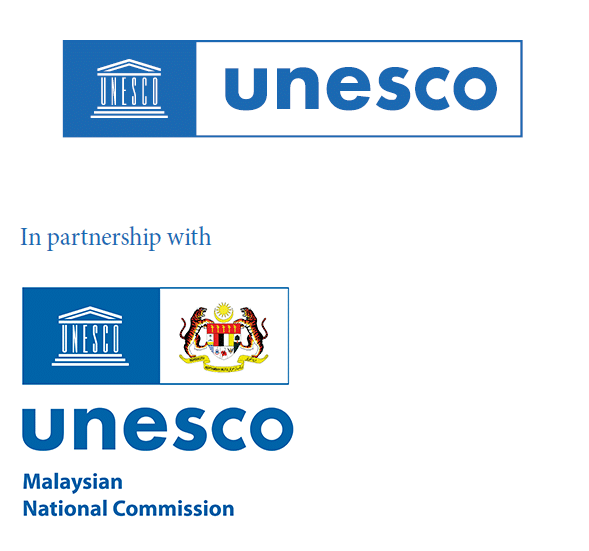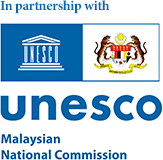From skills training and sustainable tourism to education for sustainable development and tsunami preparedness, projects run under the Malaysia-UNESCO Cooperation Programme (MUCP) are a model for South-South cooperation that was showcased during a roundtable organized on 9 November 2015 during the 38th General Conference.
Praising Malaysia’s commitment to UNESCO and to multilateralism and speaking on behalf of the Director-General, the Assistant Director-General for Natural Sciences, Flavia Schlegel, stated that Upper Middle Income countries will be essential for the success of the new sustainable development goals. This agenda calls for “new resources and means of implementation and new forms of cooperation.
This is not just about financial support. This is about sharing ideas and experience and the capacity to create knowledge. I believe UNESCO is strongly positioned to build broad partnerships, to act as a broker, to facilitate dialogue and partnerships that support developing countries.
The Minister of Education of Malaysia and President of the Malaysian National Commission for UNESCO Mr Seri Mahdzir bin Khalid stated that “Our responsibility for Malaysia and the world is to be progressive and inclusive, and united in diversity.” He noted that since starting with modest expectations, the MUCP has grown into a spectrum of projects amounting to USD 5.7 million, and drawing high-quality proposals.
Operational since 2013, the Malaysia-UNESCO Funds-in-Trust places special emphasis on Small Island Developing States and Least Developed Countries in Asia and the Pacific, and in Africa. It draws on the expertise of Malaysian institutions, including the International Centre for South-South Cooperation for science, Technology and Innovation (ISTIC) and on the Regional Humid Tropics Hydrology and Water Resources Centre for South-East Asia and the Pacific (HTC).
Addressing a panel discussion, Dr Zakri Abdul Hamid, science advisor to the Malaysian Prime Minister, underlined the importance of the science-policy nexus, noting that “platforms such as MUCP are well placed to bridge the gap between politics and science, especially in countries of the developing world.” ISTIC Chair Dr Lee Cheong drew attention to several projects promoting south-south cooperation, including science education and harmonizing the accreditation of engineering qualifications in Africa.
MUCP projects include education for sustainable development in Pacific Island countries, building the capacity of Indian Ocean Member States in tsunami preparedness and response; reforms of education systems to meet the demands of the 21st century, upscaling water security; community based management at World Heritage sites, and strengthening STEM curricula for girls in Africa and the Asia Pacific.




